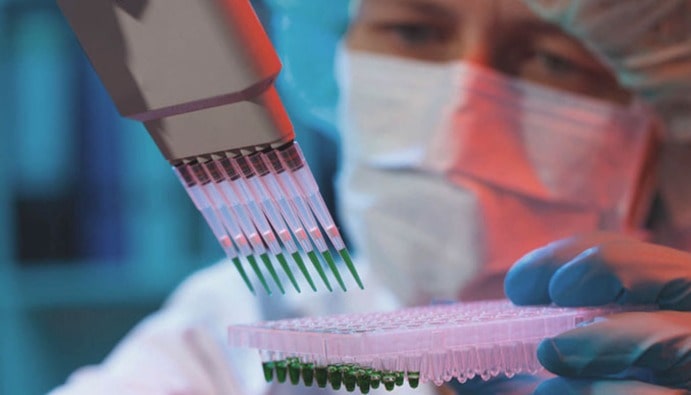Genotoxicity Tests: Genetic Safety of Medical Devices
Biocompatibility Test Methods for Medical Devices (ISO 10993 Series)

What is Genotoxicity?
Genotoxicity is the potential for a substance to damage genetic material, leading to genetic mutations or chromosomal abnormalities. Such damage can disrupt the functionality of cells, leading to serious health problems such as cancer. As medical devices often come into contact with the human body, they must not carry the risk of disrupting genetic material.
Genotoxic effects can generally occur in three main ways:
- Mutations: These are permanent changes in DNA and can lead to genetic diseases.
- Chromosomal Disorders: Structural changes in chromosomes that disrupt the normal functioning of cells.
- Genetic Column Damage: Errors in cell division caused by improper segregation of genetic material.
In vitro Genotoxicity tests;
- Bacterial Back Mutation Test (AMES) - OECD TG 471
- invitro mammalian Chromosome Aberration Test - OECD TG 473
- invitro mammalian cell Gene Mutation Assay-OECD TG 476
- invitro mammalian cell Micronucleus Assay-OECD TG 487
ISO 10993-3 and Genotoxicity Tests
TheISO 10993-3 standard provides guidance for tests that assess the risk of genotoxicity of devices as part of testing for the biological safety of medical devices. This standard specifies test methods and evaluation criteria for the detection of genotoxic effects.
ISO 10993-3 Scope
ISO 10993-3 covers the following topics to assess the genetic safety of medical devices:
- Testing of Genotoxic Substances: According to this standard, if medical devices contain chemical substances that may directly or indirectly damage genetic material, these substances must be tested. Genotoxicity tests are used to assess whether the material of the device damages the genetic material.
- Test Methods and Protocols: Genotoxicity tests use a specific set of methods and protocols to test for substances that may cause genetic damage. ISO 10993-3 describes in detail how to perform these tests.
- Test Types: Genotoxicity tests are categorized into three main groups:
- Ames Test (Bacterial Mutation Test): Bacterial cultures are used to detect genotoxicity.
- Chromosomal Aberration Test: This test is performed on human cells and detects genetic aberrations and chromosomal changes.
- Micronuclear Test: A method used to detect chromosomal disorders and genetic damage and shows traces of genetic damage in the body.
Nanolab Laboratories Group continues to provide services within the scope of Medical Device Analysis.
Contact us for more information.
You can follow us on LinkedIn for up-to-date news and posts about our services.
Follow our Instagram account to be informed about our latest blog posts.

